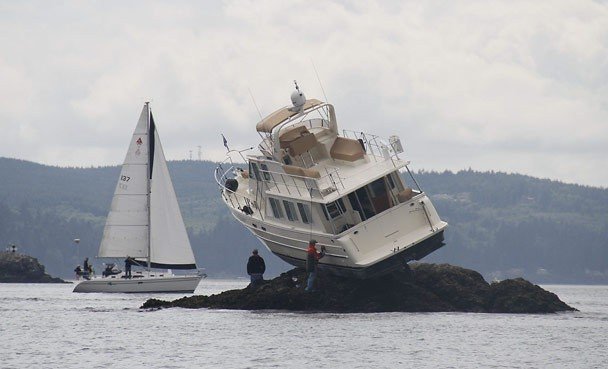larman
Senior Member
- Joined
- Nov 29, 2017
- Messages
- 218
- Location
- United States
- Vessel Name
- Livin The Dream
- Vessel Make
- Sea Ray
New owner here as well.
I am new to the big boat world as well. I just bought a 1987 Sea Ray 41. Although it is not a true trawler by definition it still has the same systems as a trawler. I plan on cruiser her at trawler speeds.
I just completed my purchase this week. My boat was originally for sale for $55,000 and we agreed on a price of 46,000. There were somethings wrong with the boat that the seller fixed including three house batteries, bilge pump and a broken AC fan in the aft cabin. I had the engine surveyed by a Diesel engine surveyor and a regular boat surveyor. I thought this was critical to my purchase and I would suggest that you do the same. I am a little overwhelmed by all of the systems in the boat and look forward to learning them one by one. My surveyor went over most of all the equipment but I am nowhere near ready to understand at all. I wish you the best of luck with your purchase
I am new to the big boat world as well. I just bought a 1987 Sea Ray 41. Although it is not a true trawler by definition it still has the same systems as a trawler. I plan on cruiser her at trawler speeds.
I just completed my purchase this week. My boat was originally for sale for $55,000 and we agreed on a price of 46,000. There were somethings wrong with the boat that the seller fixed including three house batteries, bilge pump and a broken AC fan in the aft cabin. I had the engine surveyed by a Diesel engine surveyor and a regular boat surveyor. I thought this was critical to my purchase and I would suggest that you do the same. I am a little overwhelmed by all of the systems in the boat and look forward to learning them one by one. My surveyor went over most of all the equipment but I am nowhere near ready to understand at all. I wish you the best of luck with your purchase

